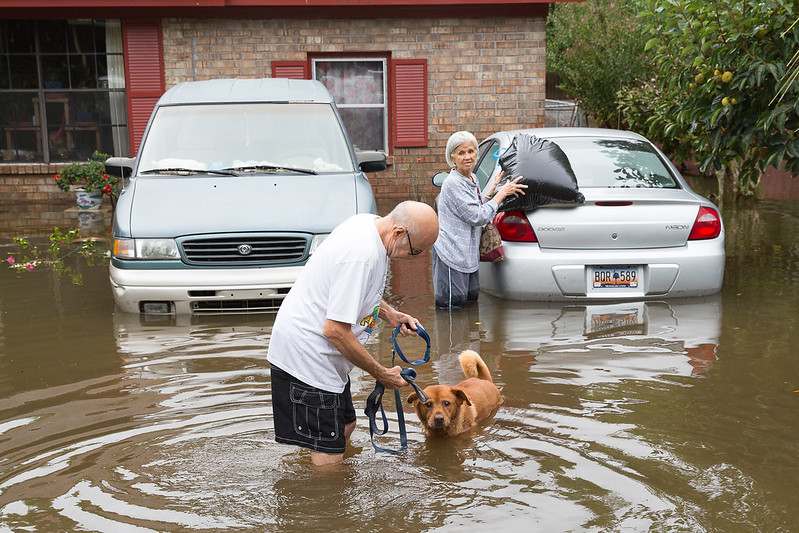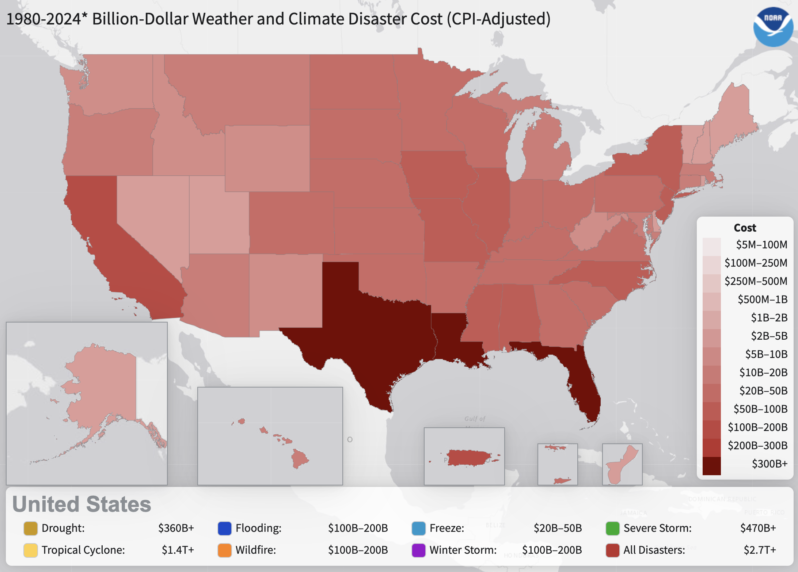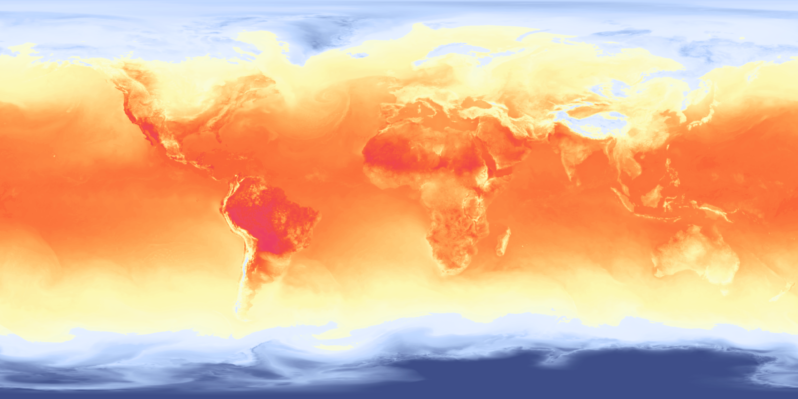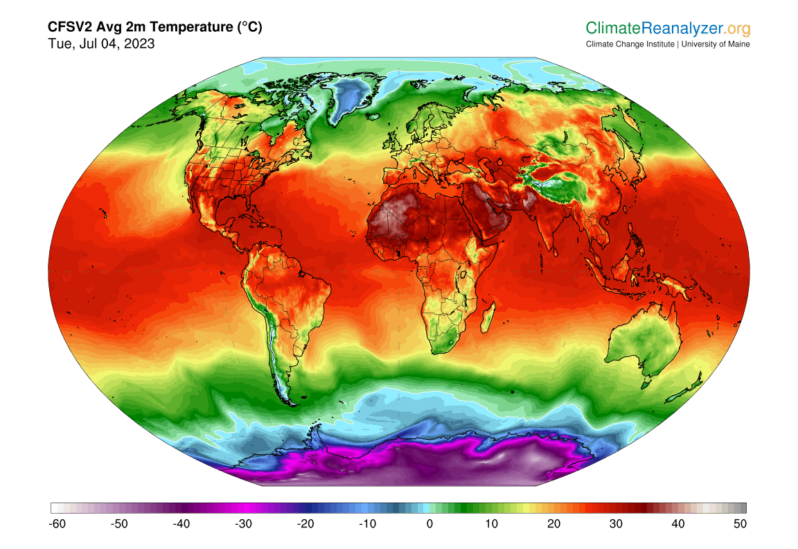In Charleston, floods are a ‘constant existential fear’ – the Washington Post

Charleston, S.C., is weary from a parade of floods that go back a decade. The city is taking action to confront the risk, but Debby offered more proof of how tall a task it faces….
The surprising reasons thunderstorms are more destructive than ever – the Washington Post

There were a record-setting 28 billion-dollar disasters last year, causing $94 billion in damage. Thunderstorm events accounted for 19 of those disasters, and more than half of the costs. A decade earlier, seven thunderstorm events topped $1 billion in damage…
A streak of record global heat nears one-year mark – the Washington Post

Hurricanes are more frequently escalating quickly, and the places they destroy may be those disadvantaged by racist housing policy…
Why Highway 1 is the climate challenge that California can’t fix – the Washington Times

It is beloved by Big Sur road trippers and is vital for local businesses. But intense storms, slides and fires imperil this highway. What does the future hold?
West Antarctic ice sheet faces ‘unavoidable’ melting, a warning for sea level rise – the Washington Post

Accelerating ice losses are all but “unavoidable” this century in vulnerable West Antarctic ice shelves as waters warm around them, according to new research. And the analysis could mean scientists were too conservative in predicting about one to three feet of sea level rise by 2100…
September shattered global heat record — and by a record margin – the Washington Post

Temperatures around the world last month were at levels closer to normal for July according to separate data analyses by European and Japanese climate scientists.
September’s average temperature was nearly 1 degree Celsius (1.7 degrees Fahrenheit) above 1991-2020 levels — or about 1.7 to 1.8 degrees Celsius (3.1 to 3.2 degrees Fahrenheit) above normal from before industrialization and the widespread use of fossil fuels…
Why a sudden surge of broken heat records is scaring scientists – the Washington Post

New precedents have been set in recent weeks and months, surprising some scientists with their swift evolution: historically warm oceans, with North Atlantic temperatures already nearing their typical annual peak; unparalleled low sea ice levels around Antarctica, where global warming impacts had, until now, been slower to appear; and the planet experiencing its warmest June ever charted, according to new data. And then, on Monday, came Earth’s hottest day in at least 125,000 years. Tuesday was hotter…
